Whipple Procedure Anatomy
These tumors can start in the pancreas itself the part of the bile duct which goes through the pancreas or the wall of the bowel the duodenum adherent to the pancreas. The smv usually bifurcates into two main branches one to the ileum and one to the jejunum.
The jejunal branch of the smv often referred to as the first jejunal branch.

Whipple procedure anatomy. The remaining organs are reattached to allow you to digest food normally after surgery. The whipple procedure or pancreaticoduodenectomy is a surgical operation that removes or resects the head of the pancreas and portions of the common bile duct and duodenum. Indications for the procedure include pancreatic head tumours periampullary tumours distal common bile duct tumours and chronic pancreatitis involving the pancreatic head.
Surgical anatomy of the superior mesenteric vein smv. Pancreaticoduodenectomy was first performed in 1909 and was popularized by the american surgeon allen whipple who refined the technique in the 1930s. Due to the shared blood supply of organs in the proximal gastrointestinal system surgical removal of the head of the pancreas also necessitates removal of the duodenum proximal jejunum gallbladder.
A pancreaticoduodenectomy pancreatoduodenectomy whipple procedure or kausch whipple procedure is a major surgical operation most often performed to remove cancerous tumours off the head of the pancreas. Anatomy the pancreas is prismoid in shape and appears triangular in cut section with superior inferior and anterior borders as well as anterosuperior anteroinferior and posterior surfaces. The whipple procedure pancreaticoduodenectomy is an operation to remove the head of the pancreas the first part of the small intestine duodenum the gallbladder and the bile duct.
About the whipple procedure. Adequate venous return from the small bowel requires that one or the other of these two main smv tributaries is intact. The whipple procedure or partial pancreaticoduodenectomy is considered the definitive surgical operation to resect carcinoma of the head of the pancreas periampullary carcinoma or duodenal carcinoma 1.
It is also used for the treatment of pancreatic or duodenal trauma or chronic pancreatitis. The whipple procedure is associated with a set of common complications including pancreatic fistula postsurgical hemorrhage postoperative pancreatitis portomesenteric venous thrombosis hepatic infarction delayed gastric emptying and anastomotic strictures. This procedure is performed for tumors located in the head of the pancreas that are malignant though occasionally benign ones need to be removed as well.
The whipple procedure a surgery used to remove pancreatic cancer in the head of the pancreas rearranges the digestive system. In most whipple procedures the gall bladder nearby lymph nodes and a portion of the stomach called the pylorus are also removed.
 Pancreatoduodenectomy Whipple Procedure Drawings Show
Pancreatoduodenectomy Whipple Procedure Drawings Show
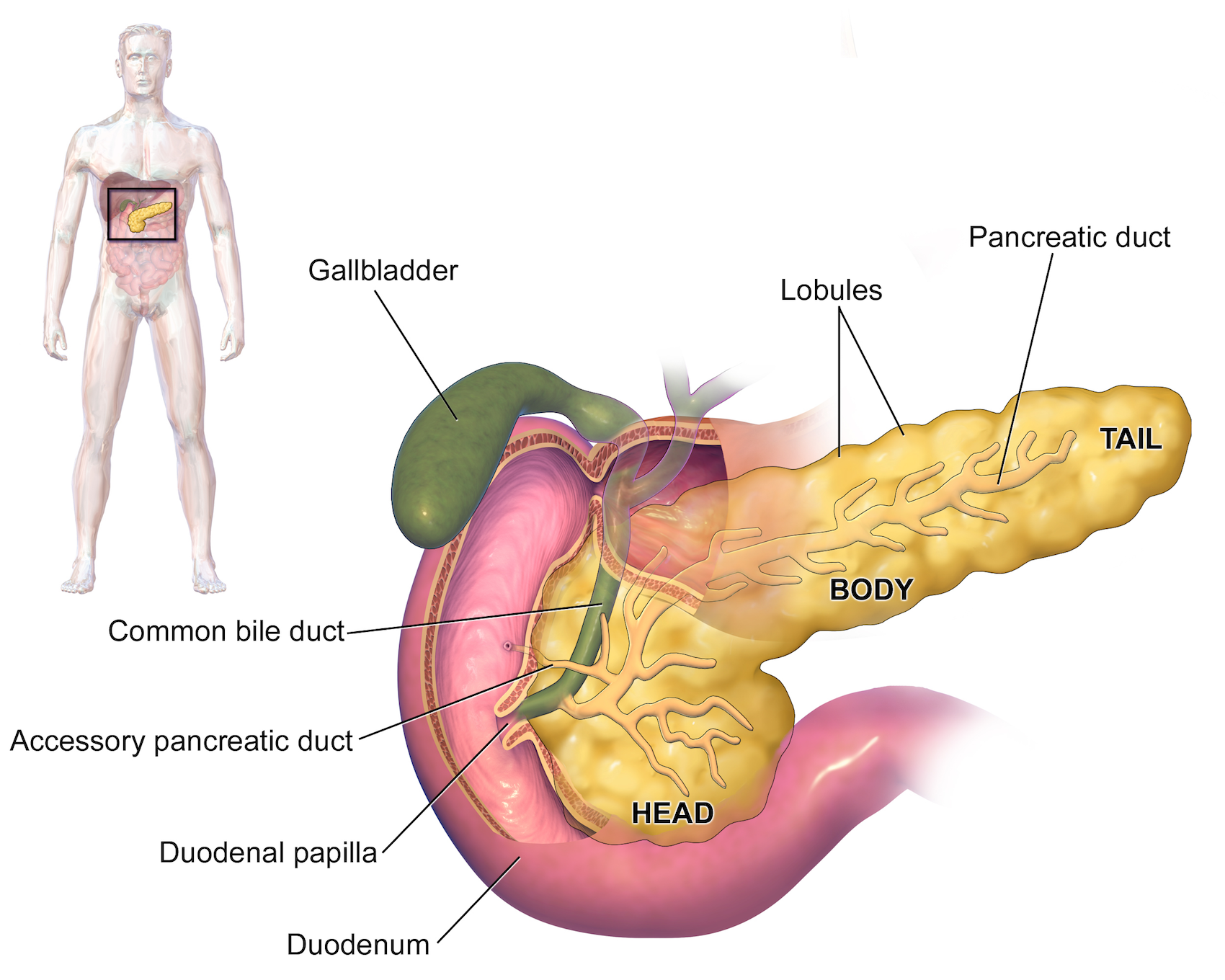 General Surgery Whipple Procedure Pancreaticoduodenectomy
General Surgery Whipple Procedure Pancreaticoduodenectomy
 Chapter 15 Pancreaticoduodenectomy Current Procedures
Chapter 15 Pancreaticoduodenectomy Current Procedures
 Whipple Procedure Las Vegas Nv Desert West Surgery
Whipple Procedure Las Vegas Nv Desert West Surgery
Whipple Procedure Hepatic Arterial Anatomy Youtube
 Pancreaticoduodenectomy Whipple Procedure A And Pylorus
Pancreaticoduodenectomy Whipple Procedure A And Pylorus
 Hepato Pancreato Biliary Tvasurg The Toronto Video Atlas
Hepato Pancreato Biliary Tvasurg The Toronto Video Atlas
 Whipple Procedure Pancreaticoduodenectomy Pancreatic
Whipple Procedure Pancreaticoduodenectomy Pancreatic
 A Whipple Procedure Medical Illustration Medivisuals
A Whipple Procedure Medical Illustration Medivisuals
 Pancreatic Head Resection Whipple Procedure Liver And
Pancreatic Head Resection Whipple Procedure Liver And
 Pancreatic Cancer Current Management And Treatment
Pancreatic Cancer Current Management And Treatment
 Niraj J Gusani Md On Twitter Trainees Should Be Able To
Niraj J Gusani Md On Twitter Trainees Should Be Able To
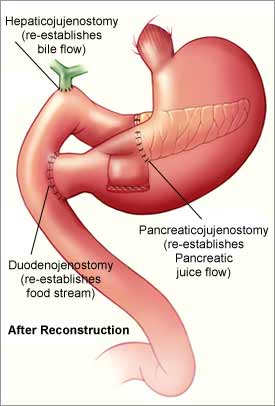 Pancreatic Cancer Can It Be Cured Total Health
Pancreatic Cancer Can It Be Cured Total Health
Selected Images From The Whipple Procedure Resection Of
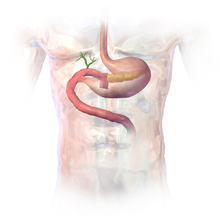 Pancreaticoduodenectomy Wikipedia
Pancreaticoduodenectomy Wikipedia
 Pancreaticoduodenectomy An Overview Sciencedirect Topics
Pancreaticoduodenectomy An Overview Sciencedirect Topics
 The Whipple Procedure For Treatment Of Pancreatic Cancer
The Whipple Procedure For Treatment Of Pancreatic Cancer
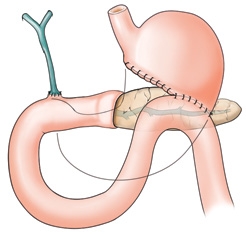 Whipple Procedure Pancreaticoduodenectomy Columbia
Whipple Procedure Pancreaticoduodenectomy Columbia
 Pancreaticoduodenectomy An Overview Sciencedirect Topics
Pancreaticoduodenectomy An Overview Sciencedirect Topics
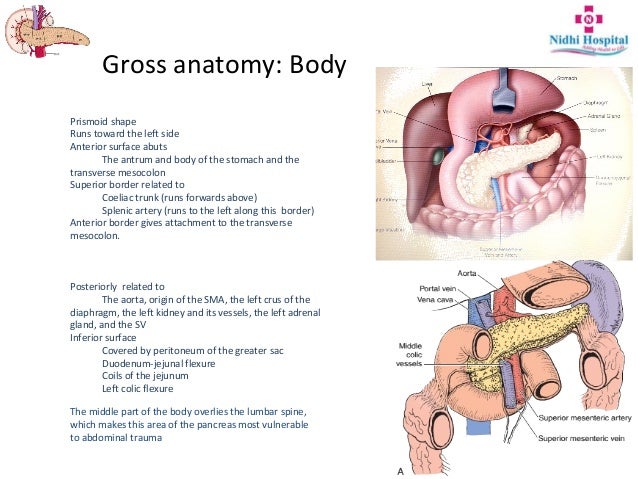 Resectional Anatomy Of Pancreas
Resectional Anatomy Of Pancreas
 Pancreaticoduodenectomy Wikipedia
Pancreaticoduodenectomy Wikipedia
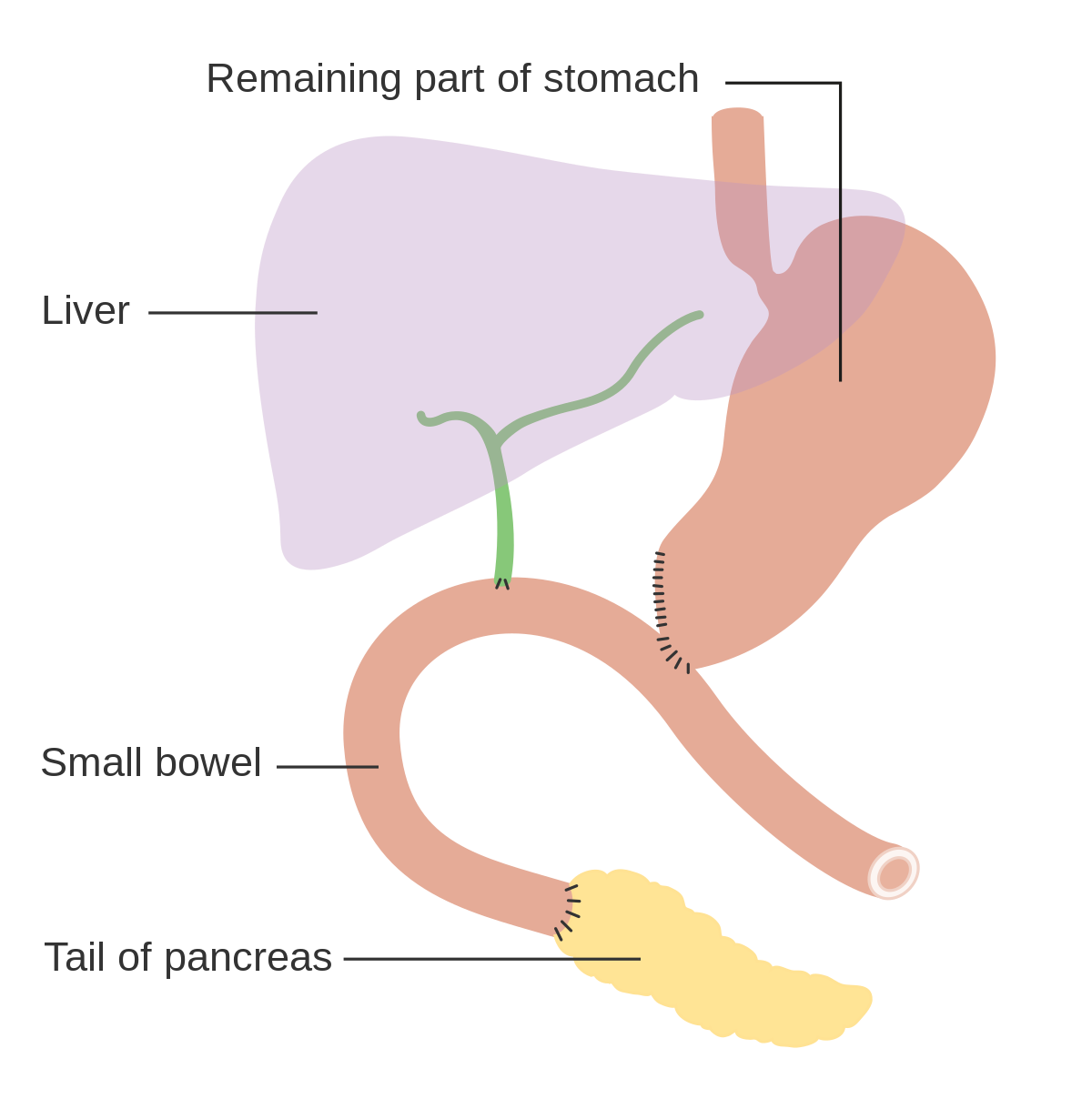 Pancreaticoduodenectomy Wikipedia
Pancreaticoduodenectomy Wikipedia


Belum ada Komentar untuk "Whipple Procedure Anatomy"
Posting Komentar